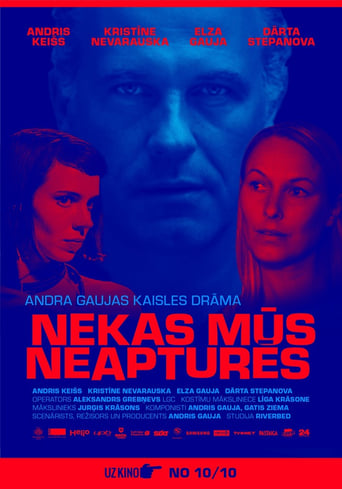
10 Oct 2019

Nothing Can Stop Us Now
Under-appreciated by his wife, a charismatic music producer forces his wife, his teenage daughter and his lover to live together as a family, under one roof.
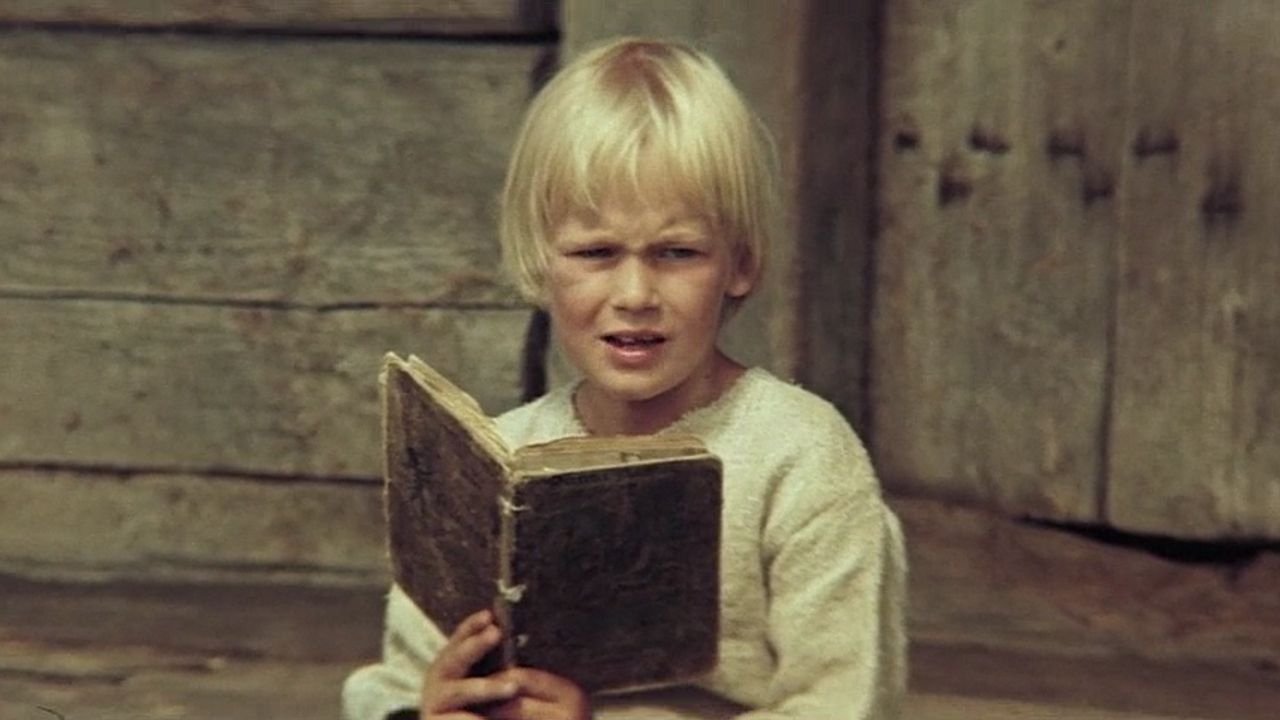
Latvia, late 19th century. Farm-hand boy Jancis lives on a homestead with his mother, grandfather and grandmother. His world does not reach beyond the horizon, and life progresses according to the seasonal cycle – from winter through spring, summer and autumn to the next St. George's Day when farmhands often had to move to the next farm.
Jancis
Mother
Grandmother
Grandfather

Klibais Jurks

saimnieks

saimniece
saimnieku Jānis
Mare

Miks
Otiņš

tēvs





10 Oct 2019

Under-appreciated by his wife, a charismatic music producer forces his wife, his teenage daughter and his lover to live together as a family, under one roof.
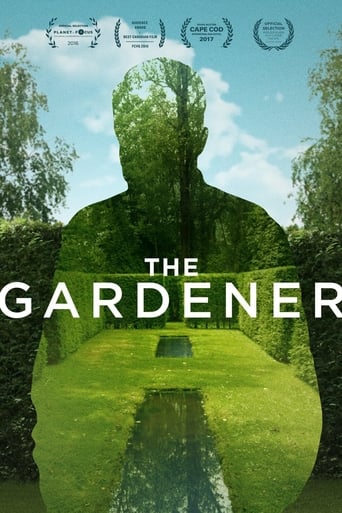
04 May 2016

The old gardener works all day in harmony with nature’s rhythms and the wisdom of the ancient Latvians. His happiness and fulfillment is a garden that no longer belongs to him, but he feels like it does due to his large contribution to it. He speaks to the garden, and it responds, giving him shelter and a rich harvest. Autumn arrives and there is much work, more than the gardener can handle. The young homeowners, desiring to make the gardener’s life easier, hire a new gardener. The old gardener’s love of the garden and his unwillingness to share it with anyone else leads him to make an inevitable decision to stay in the garden of his family forever. This is a poetically symbolic story about disappearing time, the land and modern reality.
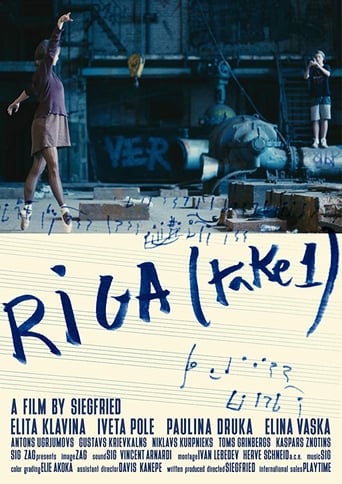
06 Jun 2018

Riga, Latvia. Four women: Elita, a passioned actress, Elina, her daughter, Iveta, a tourist guide and Paulina, a teenage ballet dancer. All are in love and going through strong emotions. A free-style composition about passion and arts, a visually stunning cinematic jazz partition.
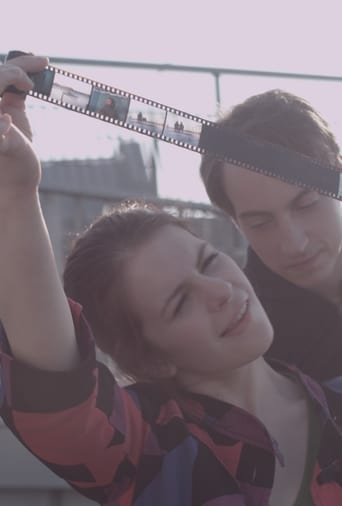
04 Feb 2015

The young Jekabs, Linda and Rihards enjoy the spring full of romance and bohemian way of life. The apple-trees are in blossom in Riga and the war unavoidably approaches.
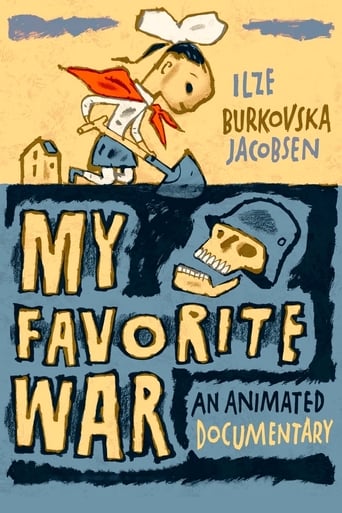
25 Sep 2020

Ilze Burkovska, a little girl who is obsessed with stories of World War II and will be a filmmaker in a distant future, lives in Latvia under the totalitarian boot of the Soviets and the ominous shadow of the many menaces and horrors of the Cold War.
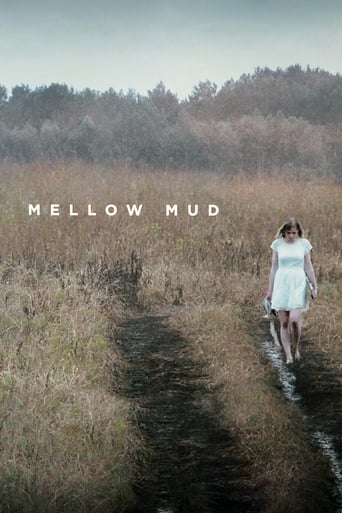
26 Feb 2016

Siblings Roby and Raya after the death of their father and being abandoned by their mother, are forced to live with their dominating grandmother in a small country house owned by their family. Things change after the sudden death of their grandmother. The teenagers have to face a tough choice: either to report the accident and submit themselves to a life in an orphanage or hide the dead body and live as if nothing has happened.
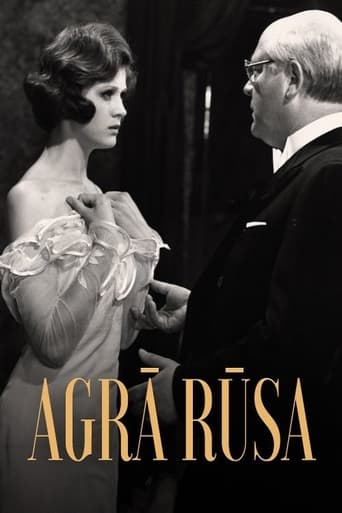
17 Nov 1980

Poor countryside girl Elza has been unsuccessfully looking for a job in Riga before she gets help from an acquantance. After that, fortune seems to turn and rich aged factory owner Ķikulis wants to marry Elza. Reluctant at first, she finally agrees but the marriage doesn't go smoothly.
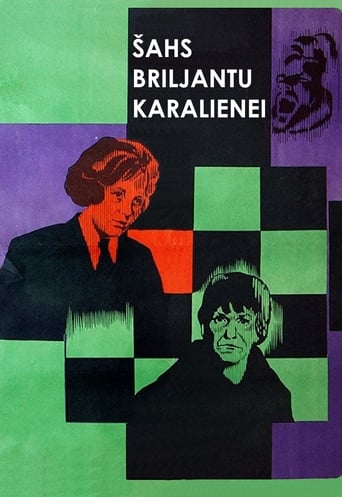
29 Oct 1973

A detective and a militia captain are working together investigating a murder. When their job is done, the feelings do not let them say goodbye.
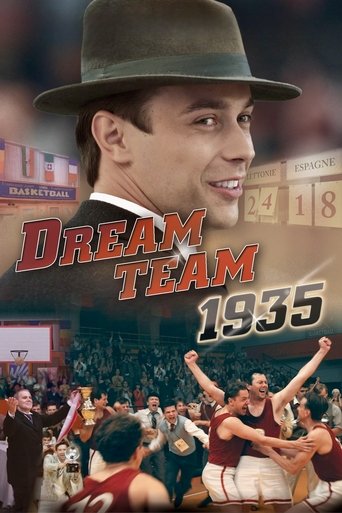
16 Nov 2012

Geneva, Switzerland 1935. The first European Basketball Championship is about to take place. Basketball is still an unknown sport in Europe, and the national teams are meeting for the first time. Each wants the honour of being the first champion. Meanwhile in Latvia, coach Baumanis is convinced that he can assemble a team and take it to Geneva. He quickly learns however, that triumph and defeat are also part of the game. Coach Baumanis faces many difficulties, as well as unexpected help from those closest to him.
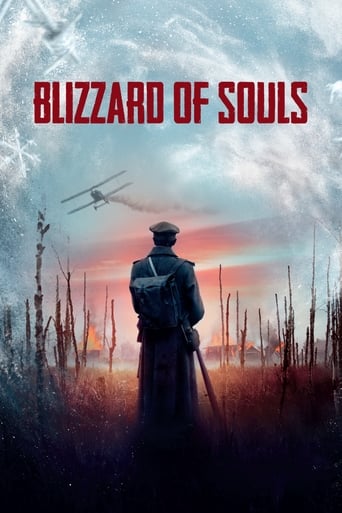
11 Nov 2019

The love story of sixteen-year-old Arturs is interrupted by the First World War. After losing his mother and his home, he finds some consolation in joining the army, because this is the first time national battalions are allowed in the Russian Empire. But war is nothing like Arturs imagined – no glory, no fairness. It is brutal and painful. Arturs is now completely alone as war takes the lives of his father and brother. Also, no progress is made in the promised quick resolution of the war and timely return home. Within the notion that only he alone cares about returning home and that his homeland is just a playground for other nations, Arturs finds strength for the final battle and eventually returns home to start everything from scratch, just like his newly born country.
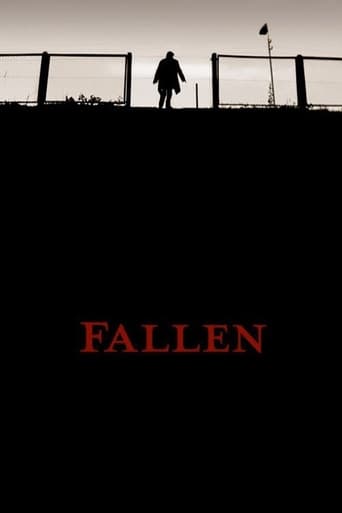
05 Jul 2005

One night, Matiss Zelcs, an employee of the Latvian national archive in Riga, notices a woman on a bridge. After passing by her without preventing her suicidal fall into the depths, a sensation of failure and guilt changes his life. He cannot forget her. Driven by a feeling of remorse and the fever of illusion, he roams through the city night and day looking for traces of her existence. This journey through the tumult of his conscience leads him deeper into his own loneliness and the depths of his soul, as he gets more and more entangled in the destinies of the woman and of the people who were attached to her. He finds himself confronted with the pain of yearning and guilt, the cruelty of love and desire, and the search for forgiveness, release and salvation.
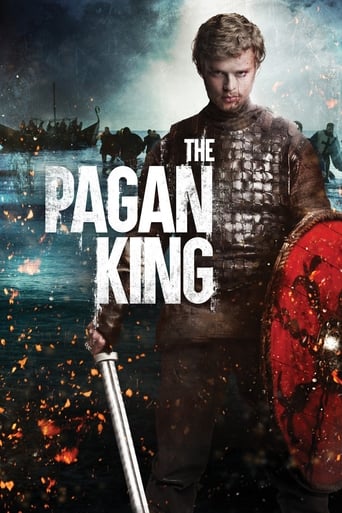
17 Jan 2018

On his deathbed, the reigning king bestows power to an unexpected heir who must find strength within himself to unite his people against the violent crusades which threaten their freedom.
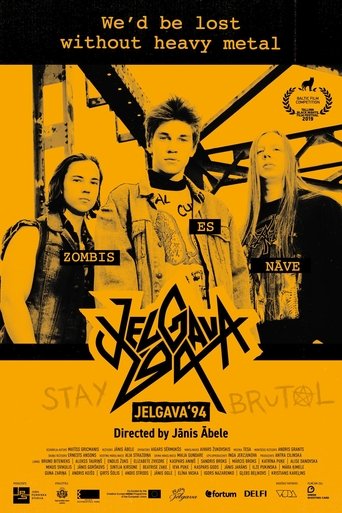
17 Sep 2019

Film takes us deep inside the world of Latvian teenagers in 90s: combining the intimate diary of a teenager Jānis trying to find himself by joining a subculture, as well as a skillful, detailed and almost documentary-like depiction of the beginnings of the second independence of Latvia. “Jelgava ’94” is a portrait of a generation in the 1990s who are searching for their own identity and are fans of alternative culture. This is a touching story about us as youngsters, when everybody is against the whole world and tries not to become “one of them”. But can one keep the promise? The story is based on the best seller by Jānis Joņevs set in the 1994 in the Latvian city of Jelgava.
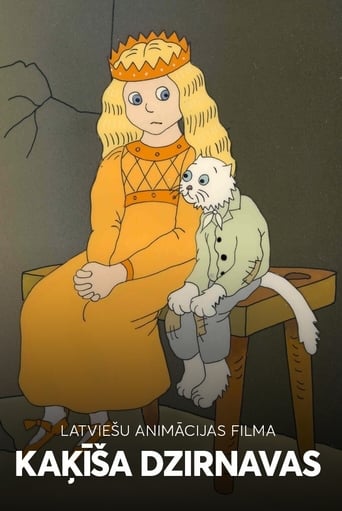
07 Aug 1993

A white cat owns a mill, but loses the mill to a black cat and the devil. Latvian animation.
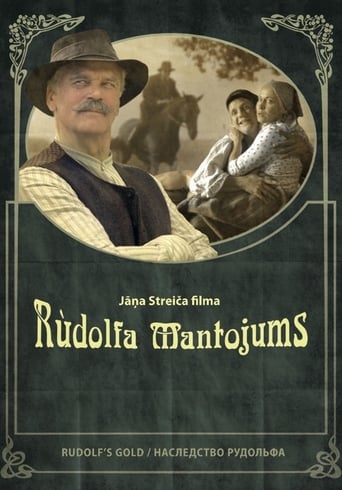
15 Jan 2010

The dawn of the XX century promised Latvians a prosperous and happy future. The nation’s self-esteem had awakened, and farmers were increasingly able to rise above even the estate stewards. Rudups, old soldier of the Kaiser and, with his wealth and pride, a thorn in the Baron’s side, becomes truly uncontrollable when he’s hit by Cupid’s arrow. The old boy is willing to do anything for simple maid Emily. But the girl loves his godson Karlis. It’s all a mix of riches, of cheating, and the Baron’s lawlessness. The fight of two relatives for Emily’s heart changes the fate of both men and the maid, so she can see sunshine through the tears.
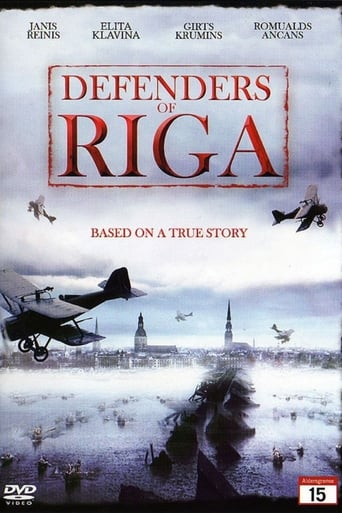
01 Jan 2007

The film dramatizes November 11, 1919- a crucial date in the battle for Latvian independence. A year after the end of the official hostilities of WWI, a renegade German general and troops remain outside the Latvian capital. Latvian riflemen, most of them inexperienced volunteers, somehow managed to defeat a larger, better-armed force of German and Russian mercenaries.
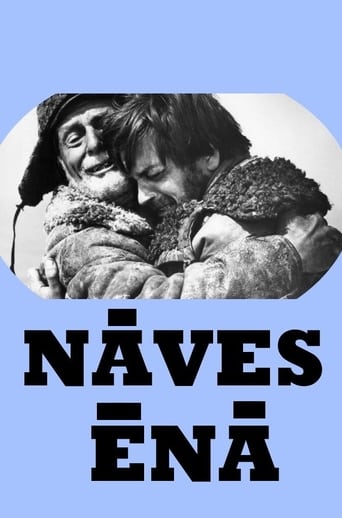
13 Mar 1972

A group of men go under-ice fishing, but find themselves trapped on a piece of ice, that has broken off. As they are drifting through the sea, the tension between them rises.
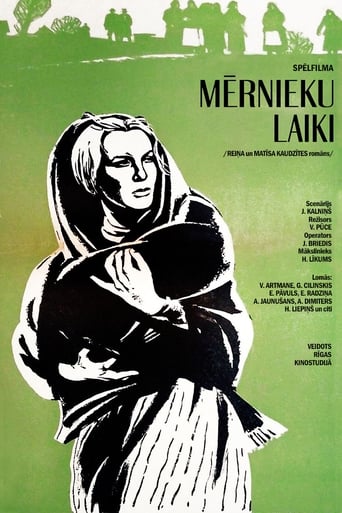
01 Jan 1968

Land surveyors arrive in two parishes to measure and redistribute manor land. The rivalry between both feoffees for land and woman begins.
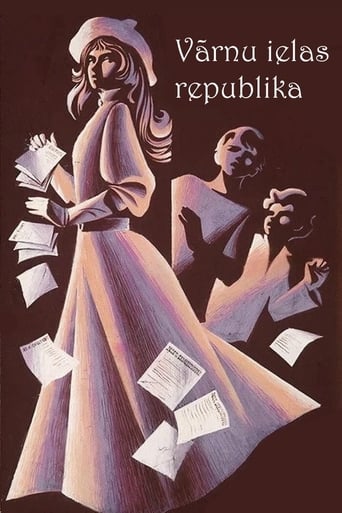
09 Nov 1970

Children of Varnu Street whose fathers work in nearby factories face the "Tuliana Empire" - a group of boys, children of merchants from the nearby Lauku Street.
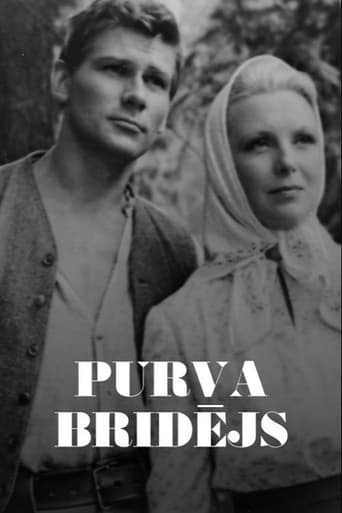
13 Jul 1966

In this film, set in Latvia in the late 19th century, Edgars, the coachman of Alaine Manor, loves Kristine, the washerwoman's daughter, although he is too hot-headed for Kristine's mother to consider him a good suitor for his daughter. The servant Viskrelis and stable boy Sutka try to tempt Edgars to a life of drinking and a relationship with the barmaid Matilde. Meanwhile, Kristine is courted by the rich land owner, Akmentins.